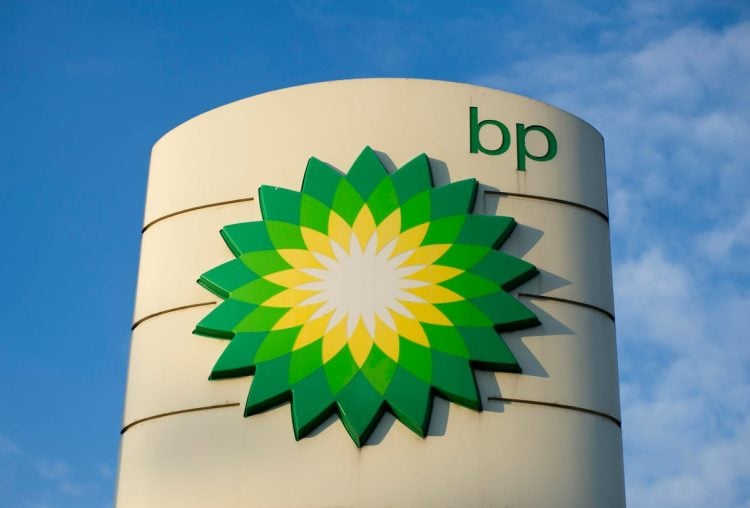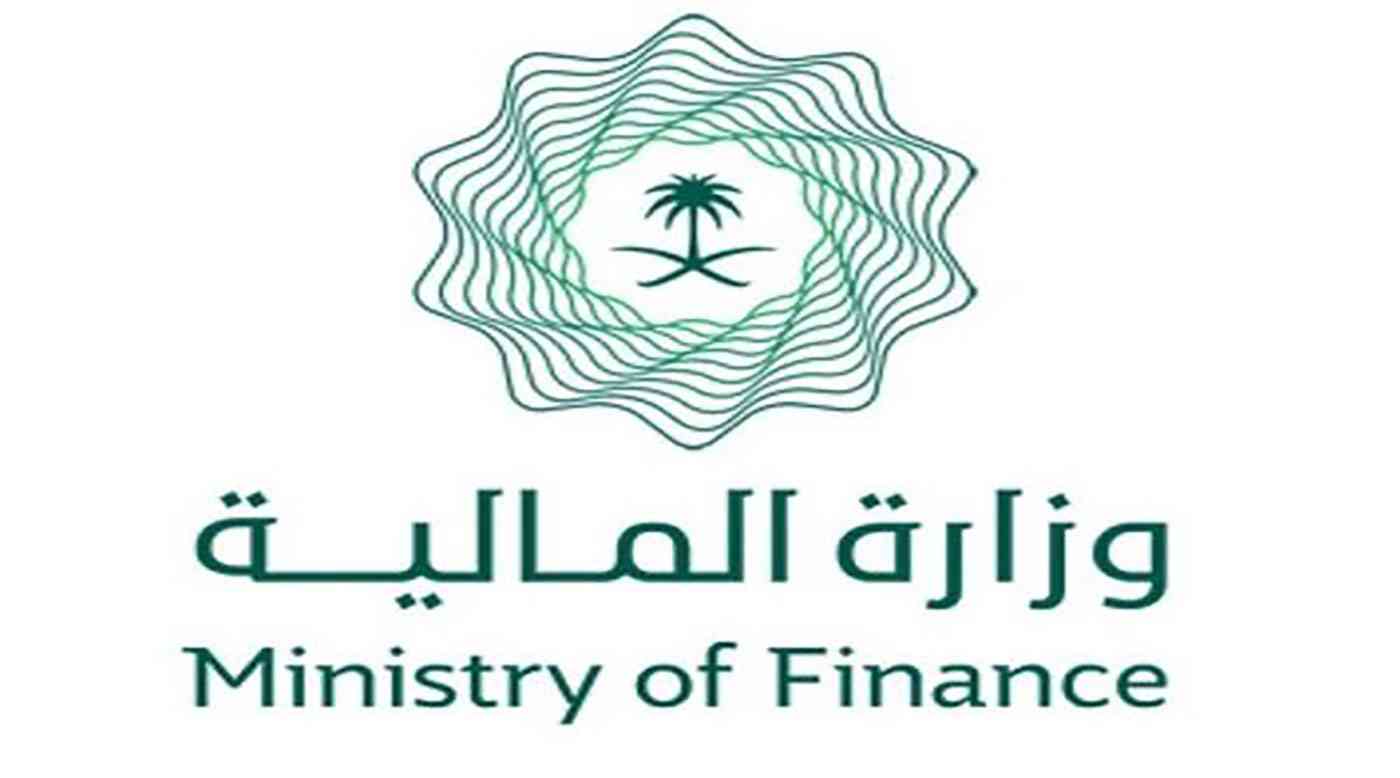Publisher: Maaal International Media Company
License: 465734
“Reuters”: UAE’s ADNOC recently considered acquiring BP
Informed sources said that Abu Dhabi National Oil Company (ADNOC) recently considered purchasing the British company BP, but the matter did not go beyond preliminary discussions.
According to Reuters, three sources said that ADNOC ultimately saw that BP would not be the right company for its strategy. A source said that political considerations also influenced this step.
The performance of the company, which is worth 88 billion pounds ($110.3 billion), has declined compared to the performance of competing companies for years, which investors and analysts say has made the British company a potential takeover target.
اقرأ المزيد
US oil giants are going through the biggest merger in the industry in decades, but major European oil companies have not gotten involved yet.
Investors punished BP’s plan to reduce fossil fuel production and its faster shift towards renewable energy sources compared to competing companies, including Shell, Exxon and Chevron. The company backed away from its boldest energy transition plans in February last year.
Conversely, ADNOC has increased its oil and gas production capacity, and CEO Sultan Al Jaber is seeking to reintroduce the state giant as a major global oil company.
The unlisted ADNOC company is large enough to consider acquiring the British company, which is the smallest among the big ones.
Two sources said that ADNOC and BP had spoken directly in the past few months, and ADNOC had also sought advice from investment banks about a potential deal.
A fourth source said that the Emirati company considered all options when it looked at BP, including buying a large stake.
In potential acquisitions, large companies usually evaluate the market value and strategic value of competitors.
The fourth source added that BP was among several companies being studied by ADNOC.
Regarding the study of the acquisition of BP, the source explained that “the matter has not progressed much.”
He explained that ADNOC is also looking to other international companies to give it access to a larger portfolio of liquefied natural gas.
ADNOC declined to comment on this news, and a spokesman for BP and a spokesman for the British Ministry of Business declined to comment.
BP’s US shares rose 0.2% in afternoon trading, reaching their highest level in six months at $40, erasing previous losses.
These steps confirm ADNOC’s ambitions to expand internationally within the energy transformation strategy adopted by the UAE. It also highlights BP’s weakness, with investors questioning its plans.
ADNOC said earlier that it is looking for investment opportunities in areas including renewable energy, gas, petrochemicals and liquefied natural gas as part of its global expansion. ADNOC views these sectors as key markets for future growth.
ADNOC seeks to acquire a series of European assets. Last year, it submitted a non-binding offer worth about 11.3 billion euros ($12.1 billion) to acquire German plastics and chemicals maker Covestro. It is also in talks with the Austrian company OMV to create a giant chemical company with combined annual sales of more than $20 billion.
In December, it agreed to buy chemicals producer OCI’s stake in ammonia and urea producer Vertiglobe for $3.6 billion.
BP, which announced profits of $13.8 billion last year, is estimated to have the lowest value among the major international oil companies as measured by market value versus cash flow.
The gap between BP’s trailing-twelve-month price-to-cash flow ratio and its rival Shell has widened in the past few months to levels not seen in years.
Jefferies analyst Giacomo Romeo said that although BP shares trade “at a clear undervaluation compared to its peers,” the company has “an attractive portfolio of assets, including good growth opportunities in its primary portfolio and a best-in-class business.”
BP CEO Murray Auchincloss took over in January from Bernard Looney, who was sacked in December for lying to the board about personal relationships with colleagues.
UBS analyst Joshua Stone said ADNOC’s move highlights the view that the European oil and gas sector is being undervalued.
“The key question now is whether BP can convince the market of the growth that has not yet been achieved from its energy transition business,” Stone added.
ADNOC and BP have been working together for more than 50 years.
In February, they announced a joint venture to develop gas assets in Egypt. They also made a $2 billion offer to buy a 50 percent stake in the Israeli gas production company Neomed last year, but the deal was temporarily halted due to the war in the region.
The UK National Security and Investment Act came into effect in 2022, and gives the government the power to intervene in takeovers for national security reasons in sectors including energy.
The British government had previously informed London-listed BP that it would prevent any takeover attempts by foreign entities given the strategic value of the company, informed sources said.
It is not clear whether the current government will take the same position.
Sources said last month that the UAE had expressed interest in investing in Britain’s nuclear energy infrastructure.
Last month, the government halted the Emirati takeover of the Telegraph newspaper, and also intends to prevent foreign governments from owning British newspapers.








